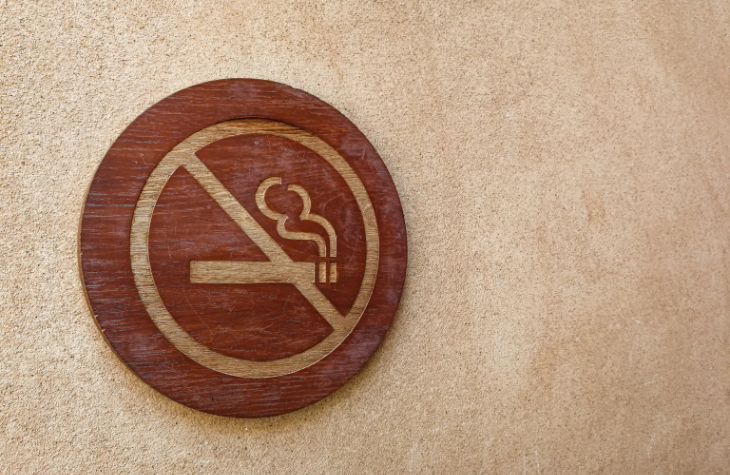Weed, also known as marijuana, is a widely used recreational substance with various forms of consumption, from smoking to edibles. According to recent studies, 3 out of 10 people in the US who use weed have marijuana use disorder.
Understanding how long marijuana stays in your system is crucial, considering the legal, professional, and health-related consequences that may arise. In this guide, we will delve into answering “How long does weed stay in your system?” and discuss other aspects to provide a clearer understanding.







